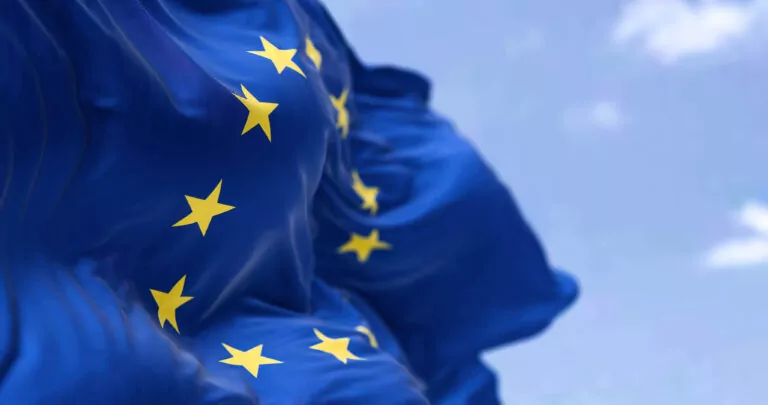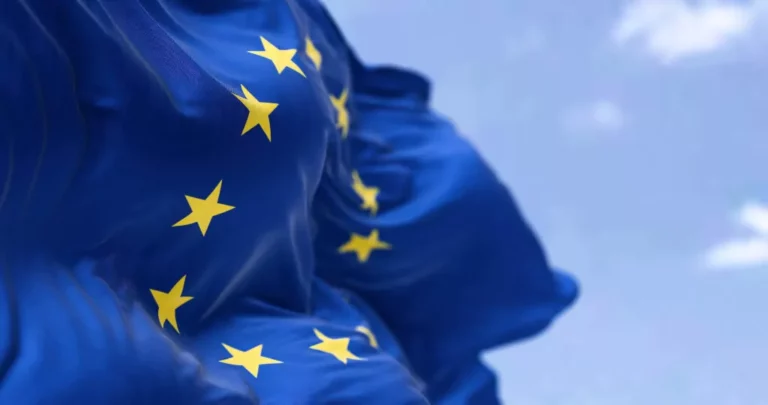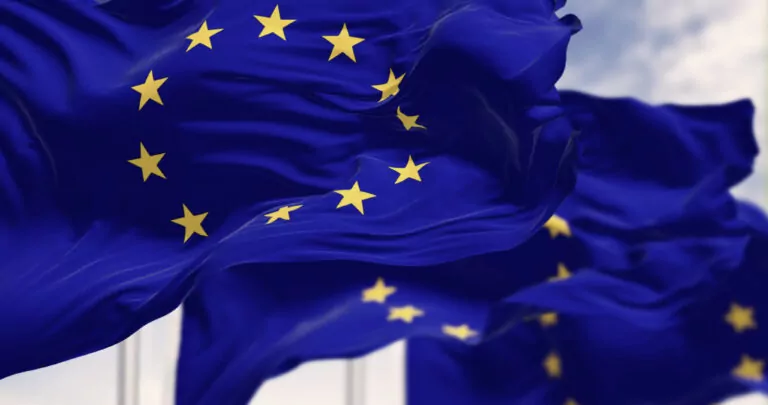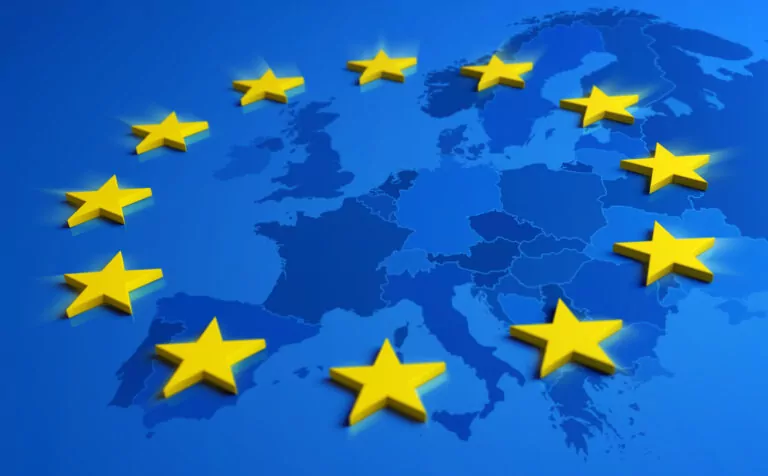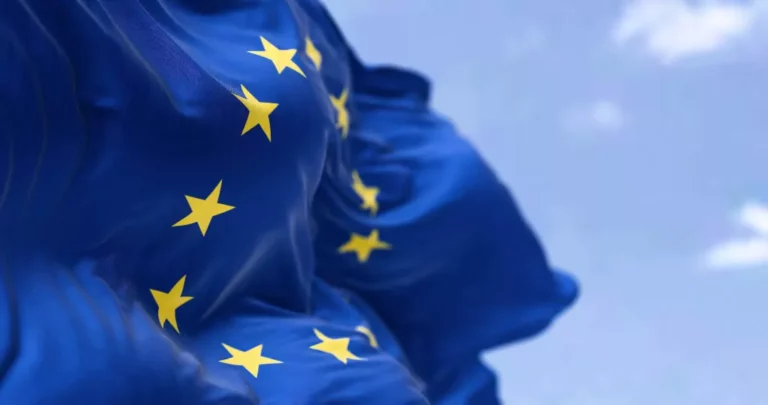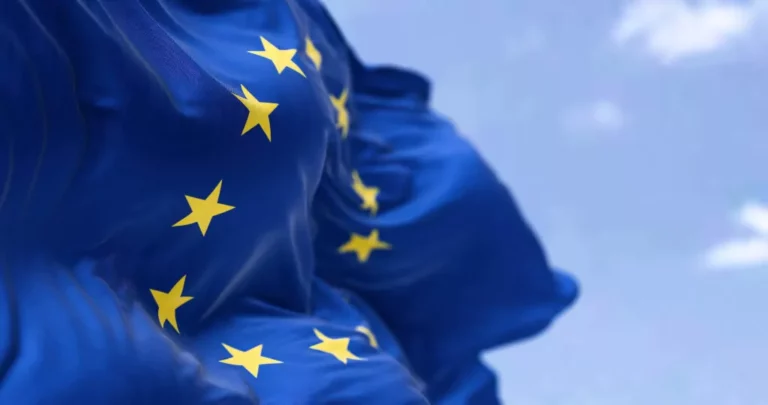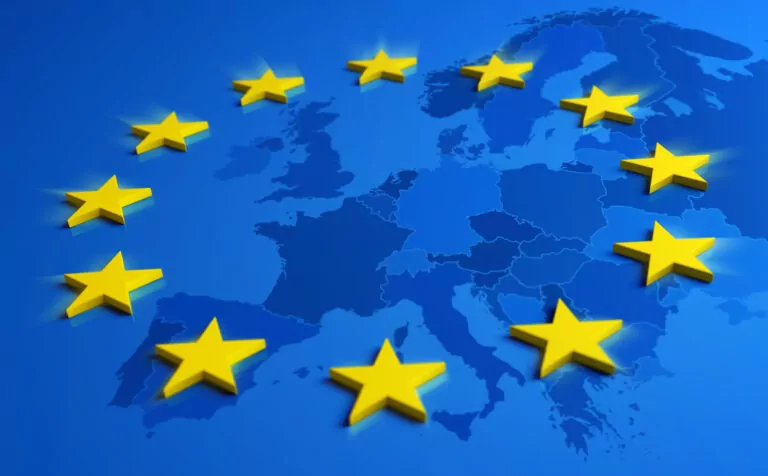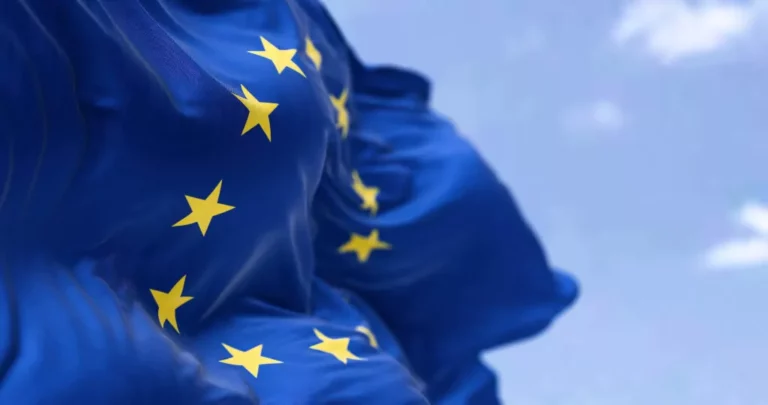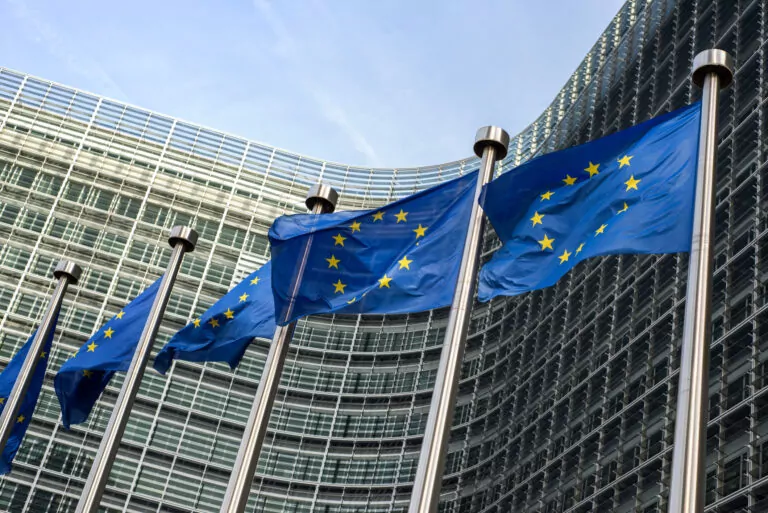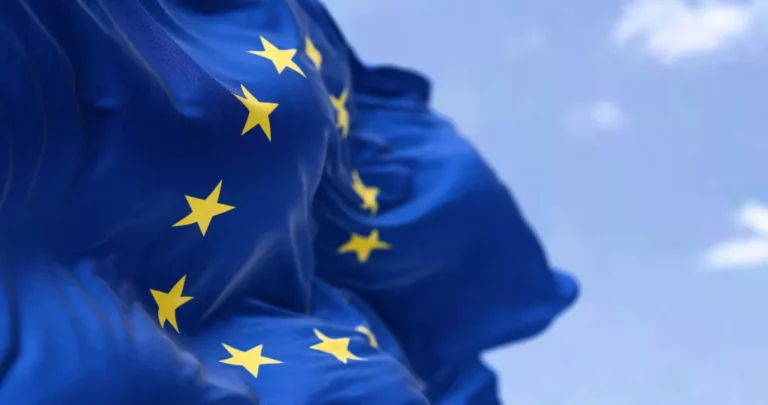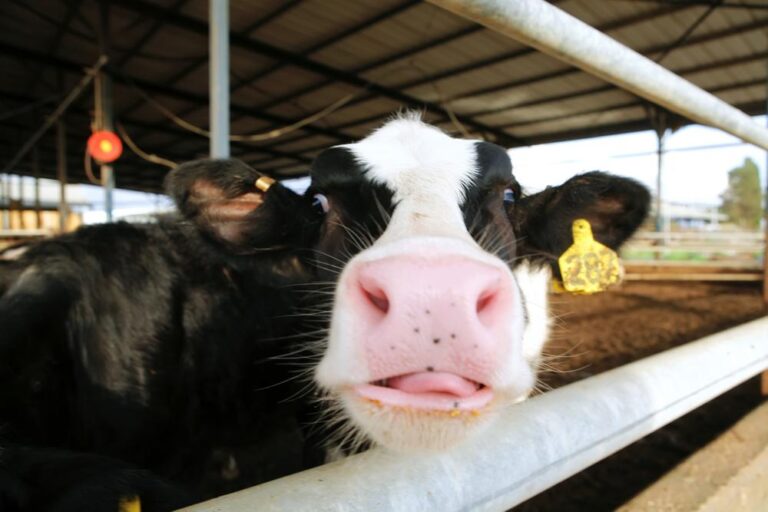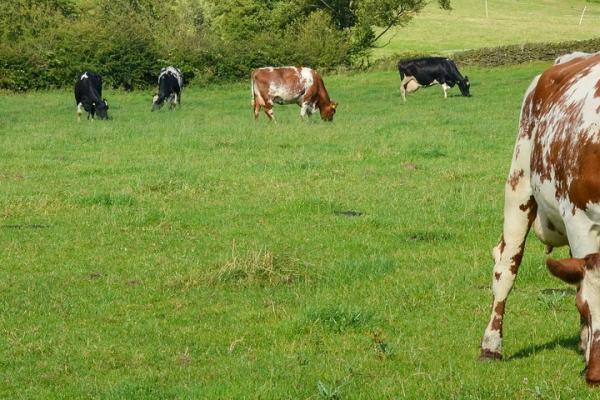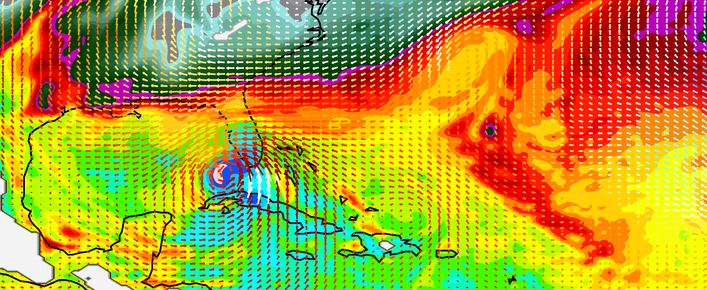Add to favorites:
Share:
Expected Outcome
To help meeting the ambitions of EU climate and agriculture policies, including implementation of the Regulation on Carbon Removals and Carbon Farming[1], the successful proposals will provide for activities that ultimately lead to a reduction of greenhouse gas emissions (in particular gases other than CO2) from the agricultural sector and to improved monitoring, reporting and verification of the emissions.
Project results are expected to contribute to all of the following expected outcomes:
- monitoring, reporting and verification (MRV), in particular at farm level, of direct and indirect non-CO2 greenhouse gas (GHG) emissions and related air pollutants is improved;
- improved MRV and insights from practical experience are comprehensively integrated in relevant models and used in agricultural policy development;
- knowledge on the responses of non-CO2 GHG and air pollutant emissions to different agricultural practices and to climate change and its impacts is enhanced;
- new and better knowledge and approaches for mitigating non-CO2 emissions are available, widely shared and applied in agricultural practice, in particular by farmers, advisors, and other stakeholders.
Scope
In 2021, the EU agricultural sector accounted for approximately 11% of the total GHG emissions in the EU. The bulk of emissions can be attributed to methane and nitrous oxide, stemming from livestock and release from agricultural soils, in particular due to fertiliser application and manure management. Additional efforts are needed in the sector to help meet the EU’s climate targets, in particular climate neutrality by 2050. To promote the uptake of mitigation practices at farm level, better data on their impact and effectiveness are needed. There is also a need for new practical solutions to help farmers monitor and reduce non-CO2 GHG emissions.
Proposals should:
- focusing on methane (CH4) and nitrous oxide (N2O) and including indirect sources of N2O (soil nitrification/denitrification, ammonia volatilisation, nitrogen leaching), address agricultural practices in manure management, livestock feeding and grazing, soil tillage, fertiliser use and liming in all relevant types of farming systems, including animal husbandry, with a view to developing harmonised metrics and effective mitigation measures;
- through analysis, field experiments, and demonstration activities, assess and improve the accuracy, effectiveness, efficiency and user-friendliness of MRV tools for the above GHGs, reducing uncertainties via established and novel methods and enabling use of higher tiers for reporting under the UN Framework Convention on Climate Change. Regarding emissions related to fertilisation, this should include a life-cycle perspective addressing also direct and indirect emissions related to the production of different types of fertilisers, notably comparing organic to mineral/chemical fertilisers;
- improve understanding of linkages between direct non-CO2 GHG emissions, notably of N2O, and other pollutant emissions from agricultural practices (including ammonia), and assess and develop options for reducing trade-offs between mitigation measures for both types of emissions;
- consolidate and improve knowledge on mitigation measures for agricultural non-CO2 GHG emissions, and assess the effects of elevated atmospheric CO2 concentration and climate change impacts on those emissions and on options for their mitigation;
- through dedicated training and outreach activities, build capacity among farmers, farm advisors and other relevant actors for widespread utilisation of improved MRV tools and GHG mitigation measures.
Proposals should include a dedicated task and resources for cooperation with the other project(s) funded under this topic and with other relevant ongoing and forthcoming Horizon Europe project(s) in different Destinations of this Cluster (notably HORIZON-CL6-2025-02-FARM2FORK-07: “Improving grassland management in European livestock farming systems”) and under the EU Mission “A Soil Deal for Europe” (notably HORIZON-MISS-2024-SOIL-01-04: “Systems to quantify nitrogen fluxes and uncertainties in European landscapes”). Proposals should address various farming systems/approaches, one of which should be organic farming, and cover a range of different pedo-climatic zones.
The Joint Research Centre (JRC) may participate as member of the consortium selected for funding. The role of the JRC would be to model trade-offs between CO2 and non-CO2 emissions for different farming activities, using MRV tools to support the implementation and further development of the Carbon Removals and Carbon Farming (CRCF) certification framework.[2]
Due to the scope of this topic, international cooperation is strongly encouraged, in particular with China under the EU-China Food, Agriculture and Biosolutions (FAB) flagship initiative.
[1] https://climate.ec.europa.eu/eu-action/carbon-removals-and-carbon-farming_en
[2] https://climate.ec.europa.eu/eu-action/carbon-removals-and-carbon-farming_en. The JRC provides support to the implementation of the framework, by providing regional baselines as well as analysis of linkages between CRCF and Common Agricultural Policy emission mitigation potential, and the uptake in the UNFCCC greenhouse gas emission inventories.
Partner Requests
Explore Real Collaboration Opportunities
🔍 As a logged-in member, you now have exclusive access to all active Partner Requests for this Funding Call.
See who’s looking for collaborators, explore exciting project ideas, and discover how others are planning to make an impact.
💡 Use these insights to get inspired—or take the next step and start a request of your own (3 entries for free).
Log in or registrate here for free.
You must be logged in to submit or manage a partner request.
Ask our experts about this call
Connect with the Listing Owner!
💬 Please log in now to send a direct message to our experts and ask your questions. Not a member yet? Sign up for free and start connecting today!
Related Funding and Finance Opportunities
Unlock Exclusive Funding Opportunities!
🔑 Get instant access to tailored funding opportunities that perfectly match your needs. This powerful feature is exclusively available to our premium members—helping you save time, stay ahead of the competition, and secure the right funding faster.
Upgrade to Premium now and never miss an important opportunity again! Already a premium member? Log in here to explore your matches.
Related Innovation Offers
Related Knowledgebase Resources
Discover More with Premium: Related Knowledge Resources
🔒 You’re missing out on expert-curated knowledge specifically matched to this topic. As a Premium member, you gain exclusive access to in-depth articles, guides, and insights that help you make smarter decisions, faster.
Whether you’re preparing a funding proposal, researching a new market, or just need reliable information—our Premium knowledge matches save you hours of research and point you directly to what matters.
Upgrade to Premium now and instantly unlock relevant knowledge tailored to your needs! Already a member? Log in here to view your personalized content.
Access Restricted
This funding opportunity is only fully available to premium members.

